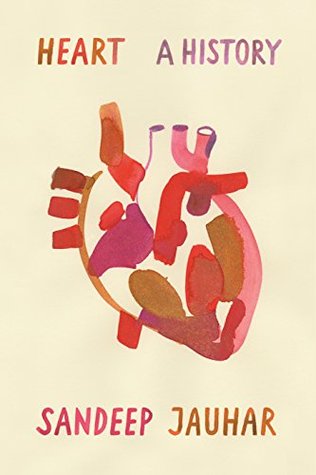Today, patient autonomy and shared decision making are mantras in the hospital, ethical imperatives that supersede all others, including beneficence. But the situation was very different in the 1950s, when doctors were more apt to act without what we would consider informed consent. Medical paternalism was rampant, but it would be a mistake to think of Lillehei as authoritarian. By all accounts, he was an unusually compassionate physician, having been a patient himself. As a patient, he knew the vulnerability that comes with illness. He knew on a visceral level how patients look to their
...more
Welcome back. Just a moment while we sign you in to your Goodreads account.


